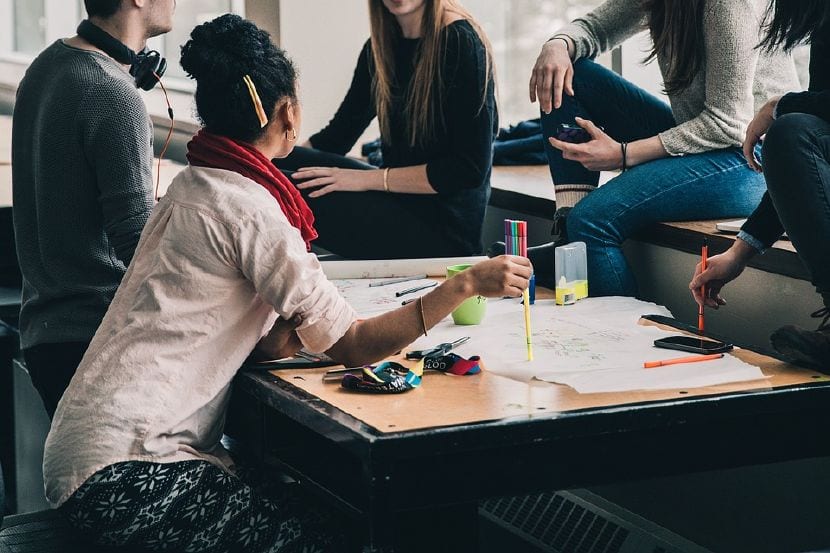
Adolescence is a complicated stage and one of many changes. Hormonal changes, emotional instability, insecurities, isolation, approval seeking ... can lead them to put themselves in dangerous situations for them. It is a troubled age where boys and girls are very sensitive to social pressure to feel accepted. One of the barriers that can prevent these types of problems is working the capacity for empathy in adolescents.
What is empathy?
Empathy is an ability that human beings have to put ourselves in someone else's shoes to find out what you may be thinking or feeling. It allows us to interpret others through their verbal and non-verbal language (postures, tone of voice, the expression of their face ...) to know how they feel. We get to understand others better, which improves social relationships.
Empathy is a capacity that we all have, some are born with this capacity more developed than others. The important is that work can be done to improve.
How can empathy help teens?
Lack of empathy can be seen when we react as if we are the center of the universe. The attention is focused only on us and we do not realize the damage that our words cause, or the disappointment that our gestures cause.
Empathy allows us to regulate our emotions, and not be a slave to our outbursts. Empathy unites us, brings us closer, us connect. His lack alienates us, puts up walls and throws down bridges. It allows us to treat others as we would like to be treated. This is why it is so important to work on empathy in adolescents. It is a skill that will make life easier for them, it will make it easier for them and they will be much happier.

How to improve empathy in adolescents?
Through these activities we can work in groups of adolescents to strengthen their empathy and work on it thoroughly. Let's see what they are:
- Role play. A scene is chosen from a movie, book, series ... and what happened is explained in detail. The boys and girls are asked to close their eyes for a moment and think that they are the main actors. Let them put themselves in the shoes of the protagonists and try to explain how they would feel and how they would think. Then they should explain in their words how they have felt.
- Mimo. Each participant will choose a card where feelings and thoughts associated with a particular event will be written. The participant in question will have to show the others through gestures and mime what has happened to him on the card and the other participants will have to find out what it is about.
- I put myself in your place. Each one writes on some cards a conflict they have had with someone who can be counted and put their name below to identify the author. Then each one is given a card from another partner at random. They will have to read it in private, they can ask the author for more information to find out more about the event and then explain it in front of everyone as if it were in the first person.
- Listen to understand. In groups of two, one of the participants will take some cases to avoid listening to what the partner says and thus be attentive to their non-verbal language. Meanwhile, the partner will have to tell him a real or made-up story about an event explaining how he felt at that moment. At the end, the participant of the cases must interpret the gestures of his partner to see different emotions, which he would surely not see if he were really listening.
In addition to being activities, the sport and theater They can help a lot to improve empathy in adolescents.
Because remember ... empathy is the ability to read others, it is a great investment in your future.